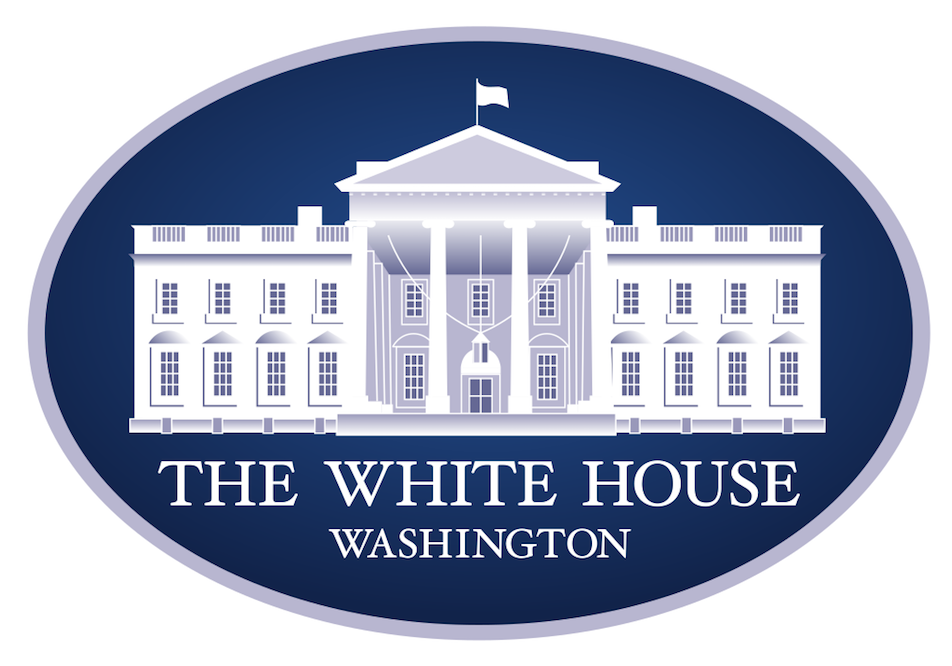Running for president — is age an issue?

The presidential contest is fully underway, and many of the candidates fit the definition of “older adults,” those age 65+ years. In the past I’ve been queried about candidates for high office (such as former Canadian Prime Minister Jean Chretien) who are of pensionable age. Usually the concerns of the journalist are not that the candidate might die in office, but rather that they may become demented and whether we should have either an age limit on candidates or some form of fitness testing.
As to an age limit, we already have a lower bound, namely that the president of the United States must be at least 35 years of age (and a natural-born citizen). At the time that age requirement became law around 1789, average life expectancy at birth was probably around 37 years in Massachusetts towns (https://www.ncbi.nlm.nih.gov/pmc/articles/PMC2885717/). In short, the minimal age was at about the age when half the population became deceased after surviving birth. So if we had kept pace with that norm, then today the minimal age to be president would be about 77 years.
Age is ultimately a strange measuring stick for an individual, as it represents the number of times since birth that a person has made a circuit around the sun. It is hard to see a connection between solar loops and, for instance, cognitive capacity. Nonetheless, there are strong associations (not cause and effect relationships) between a person’s age and important developmental and social markers. For instance, adult age is the strongest predictor for the development of dementia. Age is also the strongest risk factor for mortality, as insurance company tables make clear, though other risk factors such as smoking, skydiving, riding a motorcycle, your occupation, drugs that you take (prescribed and not, such as alcohol), and pre-existing medical conditions will increase your life-insurance premiums. So, yes, the older the presidential candidate, the greater the risk for death in office or for dementia.
How great is the risk? We should probably be less concerned with death in office, as there are procedures spelled out on succession that assure that party policy priorities are going to be respected (as is the case, too, for removal from office by impeachment). More of concern is dementia, diminished mental capacity for making sound decisions. As an example, Ronald Reagan was likely suffering from dementia while in office. Alzheimer’s disease seems to have a very long gestation period, measurable in decades. A famous study examined the early essays of nuns, comparing writing characteristics for those who in late life developed dementia and those who did not. One feature that differentiated the two groups was idea density, the average number of ideas expressed per ten words, with those showing early life dense-idea sentences less likely to become demented (https://jamanetwork.com/journals/jama/fullarticle/396775). Apparently the Republic survived that incident of a dementing president without too much damage.
It is true that the prevalence of dementia increases strikingly with age, but at the age range of most of the candidates, age 65-74, only about 4% of Americans in Medicare show dementia. Even for those age 75-84, the prevalence is only about 13%. About one-third of those age 85+ have dementia (https://www.clinicalkey.com/#!/content/playContent/1-s2.0-S1552526018332527?returnurl=https:%2F%2Flinkinghub.elsevier.com%2Fretrieve%2Fpii%2FS1552526018332527%3Fshowall%3Dtrue&referrer=https:%2F%2Fwww.cdc.gov%2Faging%2Faginginfo%2Falzheimers.htm).
Of course, there are normative age-related changes in cognitive capability (abilities involved in solving problems and making decisions) that are likely to occur as we age. Processes such as speed of information processing, reasoning, working memory capacity, and spatial ability tend to decline linearly from the decade of the 20s in cross-sectional studies. (Cross-sectional studies contrast people at one point in time who differ in age, hence look at age differences. Longitudinal studies follow the same people across time and examine age changes.) Measures such as speed of processing and reasoning have been termed “fluid” abilities that are mostly involved in abstract problem-solving ability, that is, solving a novel problem unrelated to your prior experience. A practical example is setting up a new electronic device (e.g., a smartphone), where there is a strong linear trend with age in needing help to do so.
On the other hand, a set of abilities termed “crystallized” tend to show increases with age through the decade of the 60s, if not beyond. Crystallized abilities represent knowledge derived from your culture. Examples would be the size of your word vocabulary and your knowledge about news events. Such knowledge accumulation takes decades.
Clearly, the chief executive officer of the United States should be capable of effective problem-solving and decision-making and should be able to work with Congress to advance our country’s well-being. For managing crises, fast, accurate decision-making is paramount. For getting legislation passed, knowledge of the process coupled with people skills are important. So the question of how age affects presidential performance might revolve around the balance of fluid and crystallized abilities and more specifically whether knowledge facets that increase with age might compensate for fluid facets that show age-related declines.
Most complex skills, such as playing chess, show steep rises in performance into the decades of the 30s and 40s and then slow but steady decline thereafter (https://psycnet.apa.org/record/2007-07952-008). Given that people are typically at their peak for fluid abilities in their 20s, research indicates that acquired knowledge is an important component of skill in chess. For political savvy we might expect an even longer journey before peak performance is reached, based on learning how to pick good people for Cabinet posts and persuading both friends and foes to pass legislation.
In conclusion, is age a highly relevant factor in picking a president? Skill seems like a more relevant factor. The research literature suggests that older adults can retain high levels of skill late into life. But, in the end, it is your choice what attributes you want in a president. So, get out and exercise your choice. Vote!












